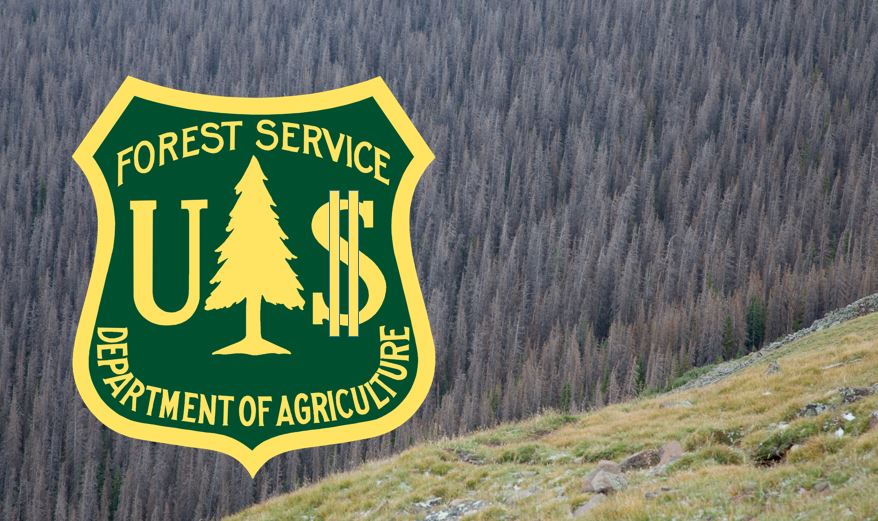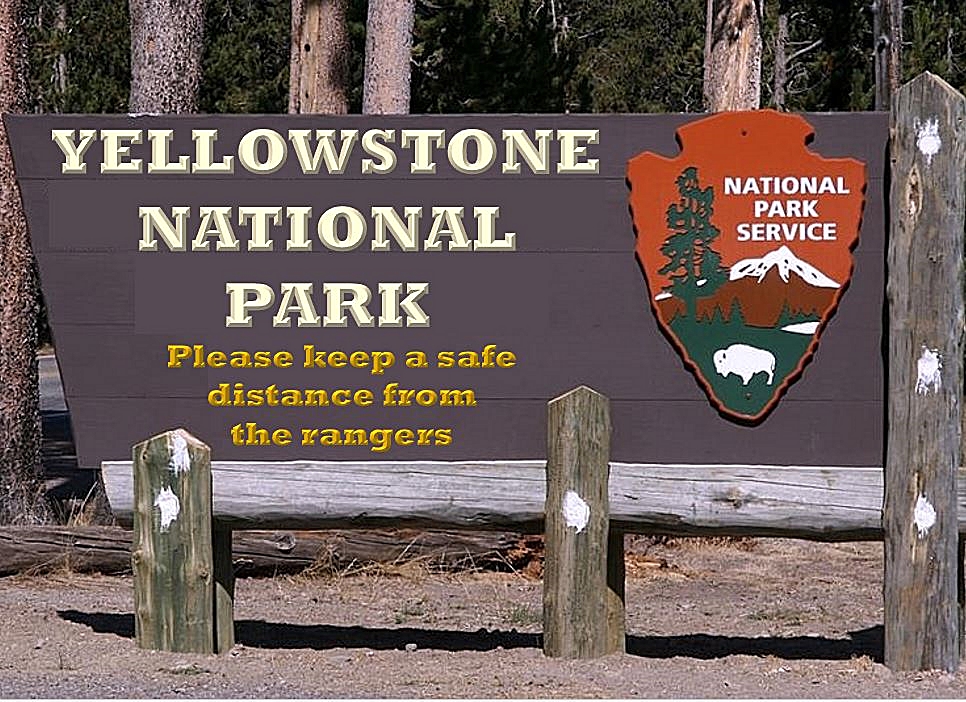“So count on a flood of new fee proposals. I bet they have a big backlog of fees they want to charge that they haven’t been able to implement for the last two years,” said Kitty Benzar, whose Western Slope No Fee Coalition has spent 15 years fighting for fee-free access to public lands.

The cash-strapped U.S. Forest Service now can pursue recreational fees in Colorado without an advisory committee vetting its pay-to-play proposals.
Agriculture Secretary Tom Vilsack on Thursday approved an exemption request by Gov. John Hickenlooper that allows the Forest Service to establish and collect fees from users of federal recreational land without review by a Recreation Resource Advisory Committee, or RAC. The Federal Land Recreation Enhancement Act, which allows federal land managers to charge fees to help manage impacts in high-traffic recreation areas, requires a RAC. But the act allows an exemption if a governor asks.
Even without the committee, Colorado’s budget-strapped Forest Service promises “robust public involvement” in all fee proposals.
In fact, public scrutiny of any new fees or changes in existing fee plans will be stronger under this process, said Jim Bedwell, the Forest Service’s Rocky Mountain Region Director of Recreation, Lands, Minerals and Volunteers.
“We will do these on a forest-by-forest basis and really be able to talk to interested parties in the area that are primarily affected — the folks who are using these forests,” Bedwell said. “This does give us more direct access and opportunities to talk to people who will be locally affected.”
The Forest Service had a RAC vetting Colorado recreation fee proposals for six years, but has been unable to seat a committee since 2013. Rocky Mountain Region officials shopped for two years for a forum to vet fee plans. They asked to use the Bureau of Land Management’s RAC, the state trails board and the advisory council for Colorado’s Outdoor Recreation Industry Office, but all declined to serve as the Forest Service’s fee filter.
So now Colorado joins Nebraska, South Dakota and Wyoming in eliminating RAC reviews of fee plans.
“So count on a flood of new fee proposals. I bet they have a big backlog of fees they want to charge that they haven’t been able to implement for the last two years,” said Kitty Benzar, whose Western Slope No Fee Coalition has spent 15 years fighting for fee-free access to public lands. “They’ve never had a robust public process for these fees, so why should they start now? I wish the governor of our state had asked the people what they thought about this. This is the first I’ve heard that he had even requested the waiver.”
Outdoor Recreation Industry Office chief Luis Benitez said the waiver could give local users more of a voice than they had when decisions were reviewed by a small committee.
“It seems to me this will engage the public and allow them to be a partner in how the Forest Service works in their own backyard,” he said. “It does not give the Forest Service free rein.”
Bedwell said fee review still includes a 16-step process and requires public involvement, from users and local residents,regional politicians and other public officials. The Forest Service in Colorado — with its 17 national forests and seven national grasslands anchoring the most trafficked region in the nation — collects about $3 million in recreation fees, Bedwell said. That isn’t enough to keep up with surging demand and facility maintenance.
“We don’t believe our appropriated funds are going to go up so we do think that it’s a fair and equitable thing that users help pay for their experience beyond what appropriation provides,” he said. “The condition of our facilities is declining and our ability to provide visitor information is declining and we would like to do better and we think the public wants us to do better.”
Jason Blevins

 Free Range Report
Free Range Report

